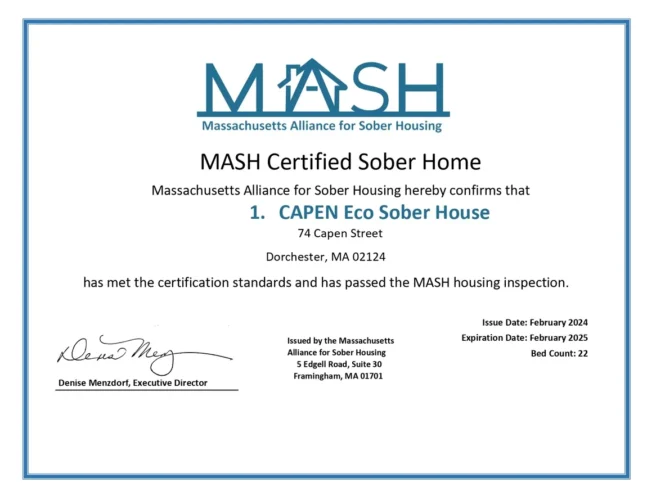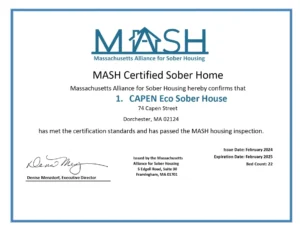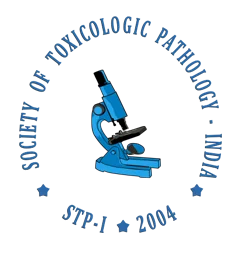- February 22, 2022
- Posted by:
- Category: Sober living

Even if they don’t improve immediately, you’ll probably have an easier time doing something about them when you don’t have to deal with physical symptoms, too. It’s more likely to worsen negative mood states, along with physical health. If you already have depression, you might feel even worse, since alcohol can magnify the intensity of your emotions. While alcohol use can directly trigger feelings of depression, it can also contribute to symptoms in more indirect ways. According to one study released last year, 12 percent of people only pretend to drink at work events, by ordering dressed-up non-alcoholic beverages. Usually you can mitigate any potential coworker discomfort, and the risk of subsequent career blowback, by clearly framing your choice not to drink as a personal decision, says Cohen, and not buzzkill condescension.
After-Work Drinking: Definitions, Prevalence, and Social Dynamics

Again, you can keep pace with your co-workers without soaking up too much alcohol, and it will help keep you hydrated, too. Indeed, socializing with co-workers serves as a way of connecting with colleagues in a more relaxed and informal atmosphere. A glass of water and a light snack can help you avoid a bad hangover. Exercise often provides a natural mood boost, so you’ll probably feel better once you get moving. Then, try distracting yourself to help take your mind off how you feel. Increased anger might lead you to pick a fight with a loved one, for example, while extreme sadness or self-loathing could lead to intense depression symptoms.
When Alcohol or Drugs Interfere With Your Work
We can thank our livers for taking the brunt of it, as they’re responsible for breaking down and metabolizing toxins. But once alcohol enters our bloodstream through the stomach, it also touches nearly every other organ and system, explains registered dietitian and ACSM exercise physiologist Jim White. “So, after waiting an hour or two, you may find you don’t want that alcoholic beverage after all,” she goes on to say. This is because alcohol slows the natural recovery process from your workout session by elevating your cortisol levels, decreasing your testosterone levels, and inhibiting protein synthesis (1). If you have specific goals — for example, to build muscle — and you’re looking for effective and efficient ways to achieve this goal, it’s probably best to abstain from drinking right after a workout. What’s more, some events, such as Tough Mudder (an obstacle-based mud run) and the Marathon du Médoc in Bordeaux, France, offer alcoholic drinks either at the end of or throughout the course as part of the overall experience.

Controlling Your Drinking After Work
Once someone hits stage four, their bodies are not what they used to be. When they examine themselves in the mirror, they may not recognize themselves. Common outward changes may include flushed skin and a distended stomach or “beer belly.” They may not be aware, but alcohol is affecting their bodies internally as well. Possible physical side effects include increased blood pressure and liver damage. In the morning, their hands may shake and they may experience frequent heartburn. During this stage, individuals are drinking every day, usually to avoid uncomfortable withdrawal symptoms.
Depression And Anxiety

Even outside the 9-to-5, personal relationships with alcohol are shifting. Trends show Americans, for instance, are drinking less than they used to, with the average number of drinks consumed falling from 4.8 in 2009 to 3.6 in 2021, per Gallup data. According to UK data published by the NHS in 2022, there has been a gradual decrease in people’s maximum daily alcohol consumption.

As hangover symptoms begin to subside, the emotional effects may follow. The spate of SHRM inquiries about on-the-job drinking could reflect the time of year, workplace attorneys and substance abuse experts said. Relying on alcohol to mask the stressful feeling you have after work could cause you to drink more alcohol.
Alcohol acts as a depressant
Studies suggest that regular after-work drinking rituals, although socially and symbolically significant, primarily highlight the negative consequences for colleagues and the workplace environment. These rituals can contribute to a culture where alcohol becomes an implicit requirement for socializing, potentially excluding or pressuring those who abstain. They’re more common in people older than 40 with a long history of alcohol misuse. drinking after work Withdrawal seizures usually happen 12 to 48 hours after your last drink.
Effective Strategies to Manage After-Work Drinking Habits
- For many people, finding time to work out means exercising during their leisure time after a busy day.
- But a worker whose condition of employment required agreeing to alcohol testing for reasonable cause can likely be terminated for this refusal, and the employer would probably be on sound legal footing, Hoyman said.
- But until it shifts, experts have developed a number of useful guidelines for both drinkers and non-drinkers navigating these events.
- If you drink regularly to manage depression symptoms, it may have be beneficial to work with a therapist who specializes in treating co-occurring depression and alcohol use.
For most people, waiting at least 1 hour between finishing your workout and having your first alcoholic beverage is a good minimum to aim for,” she says. Depending on the extent of liver damage you have, you may need to completely abstain from alcohol in order to give your liver the best chance for recovery. Talk to a doctor about your personal history and what’s right for you. It can be hard to find (or even know) the balance of how much alcohol your body is able to handle. If you’re not sure if your drinking crosses a certain line or not, try measuring your alcohol intake. Alcoholism is a disease that slowly develops over time, not all at once.
- “The first priority following a workout should be to replenish electrolytes, rehydrate with water, and fuel correctly with a nutritious meal or snack consisting of both carbohydrates and protein.
- Yes, alcohol may seem like an easy way to relax but it is certainly not the best way.
- This article delves into the effects of drinking alcohol after exercise to explore whether there are health benefits to a post-workout toast — or just a potential hangover.
- So if you’re chugging a margarita post-HIIT class, the muscles worked during those zillion burpees might not actually repair—an essential step to reaping the benefits of your workout.
- We strive to create content that is clear, concise, and easy to understand.
- Alcohol is a diuretic, meaning it encourages your body to release more fluids,” she explains.
One study found that even when alcohol is consumed with protein after exercise, MPS is reduced by up to 37%. This affects recovery, muscle growth, and adaptation to exercise, especially after resistance training and high intensity interval training (3). Moderate alcohol consumption reduces the rate of muscle protein synthesis (MPS) following strenuous exercise (3). Suzie Wylie, a former professional https://ecosoberhouse.com/ Muay Thai fighter and Registered Nutritionist at the London Clinic of Nutrition, focuses on the importance of keeping yourself hydrated if you do decide to drink alcohol after exercise.
- It’s easy to fall into the mentality of ‘I work out to drink,’ but that ultimately doesn’t set you up for success in or out of the gym,” Mayer says.
- You might make a lot of mistakes, miss deadlines, or make excuses for not doing your job.
- Whatever the timeline, if you do decide to booze it up, Mayer says serving size is the biggest thing to keep in mind.
SHRM Members enjoy unlimited access to articles and exclusive member resources. Information and shareable resources to help others choose to drink less alcohol and be their best. Knowing what counts as one standard drink can help you figure out how much alcohol you drink and whether it would be considered excessive. If your boss suspects you might be drunk or high at work, they can ask you about your alcohol and drug use or have you take a drug test. When it’s apparent that you work under the influence, your job could be on the line.
Leave a Reply
You must be logged in to post a comment.
